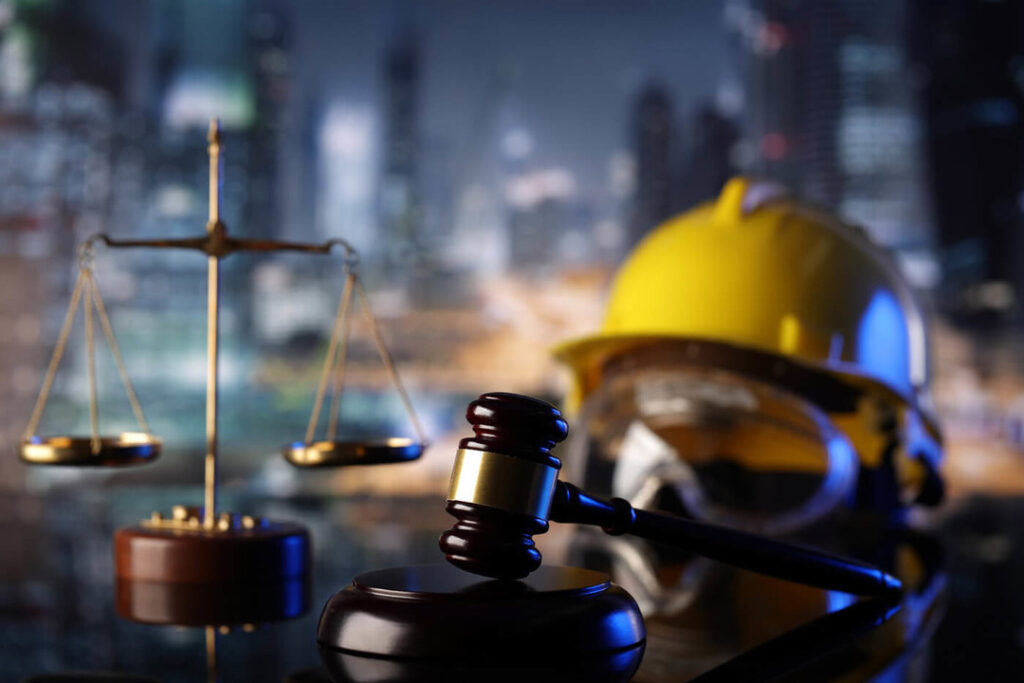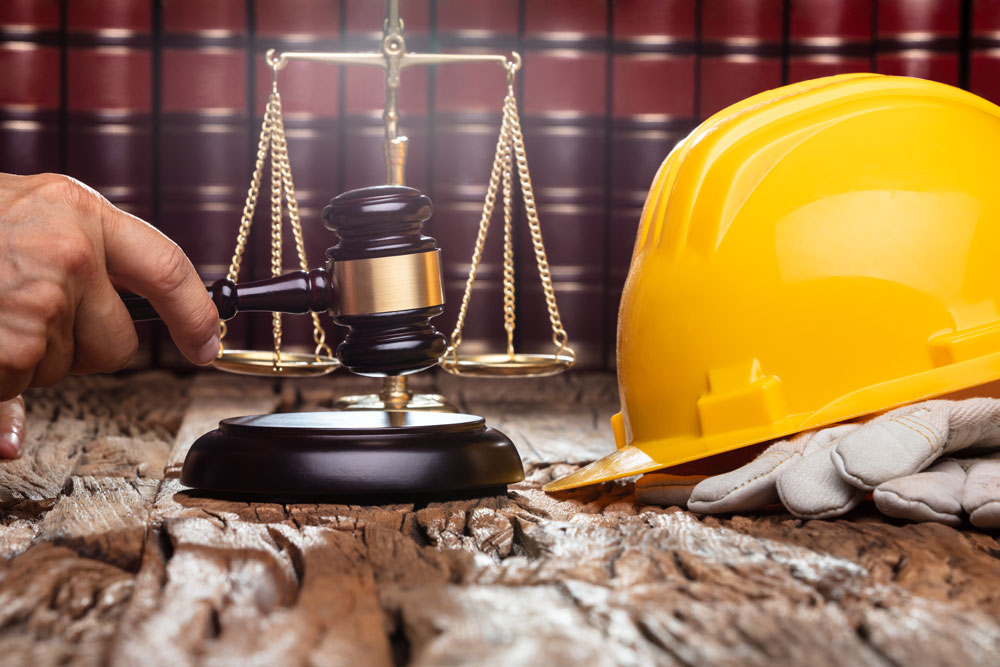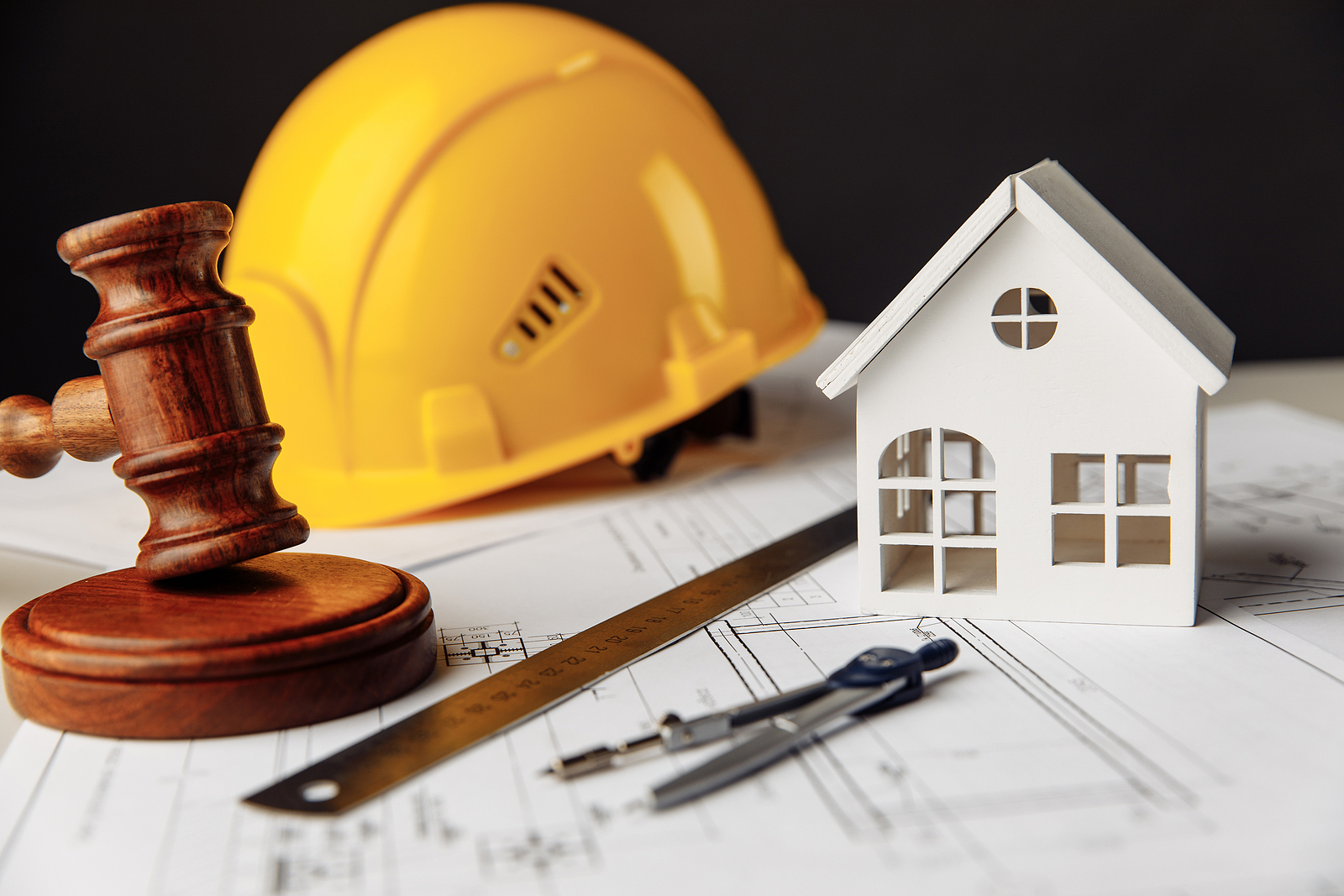How a Building and Construction Law Firm Can Help You with Legal Disputes
When it comes to the complexities of building and construction projects, legal disputes can often arise. These disputes not only threaten the timelines of projects but can also lead to substantial financial losses. Engaging a specialized building and construction law firm can provide invaluable assistance in navigating these legal challenges. This article delves into how these firms can support you through various legal disputes associated with construction projects.
Understanding Building and Construction Law
Building and construction law encompasses a number of legal principles and regulations that govern the construction industry. It includes everything from contract law, to tort law, and regulatory compliance. Understanding these legal frameworks is crucial for anyone involved in construction, whether they are contractors, subcontractors, or property owners. The complexity of these laws often requires professionals to stay informed about changes in legislation, industry standards, and best practices to ensure compliance and mitigate risks. This knowledge not only protects individual interests but also contributes to the overall safety and integrity of construction projects.
The Role of Construction Law in Dispute Resolution
Construction law plays a pivotal role in resolving disputes as it provides a clear framework for understanding rights, responsibilities, and remedies. When disagreements arise, this branch of law offers mechanisms for dispute resolution through negotiation, mediation, and arbitration. The efficient handling of disputes can prevent costly litigation and foster better relationships among parties. Additionally, many construction contracts now include clauses that mandate alternative dispute resolution (ADR) methods, encouraging parties to resolve their issues amicably and expediently. This proactive approach not only saves time and resources but also helps maintain the project’s momentum, which is crucial in the fast-paced construction environment.
Key Legal Issues in the Construction Industry
There are several legal issues that often recur in the construction industry. These may include non-compliance with contractual obligations, delays in project completion, design flaws, and safety violations. Each of these issues can lead to disputes if not addressed promptly and effectively. A comprehensive understanding of these legal challenges is essential for all stakeholders. Moreover, emerging trends such as sustainability and green building practices introduce new legal considerations, including compliance with environmental regulations and the need for certifications. As the industry evolves, professionals must adapt to these changes and understand their implications on both legal obligations and project outcomes. This adaptability is key to navigating the complexities of modern construction law and ensuring successful project delivery.
The Importance of Legal Representation in Construction Disputes
The construction industry is fraught with potential pitfalls, making legal representation crucial for preventing disputes from escalating. Construction law is intricate and ever-changing, which is why having a knowledgeable attorney can make all the difference. They can guide parties through the murky waters of legal obligations and rights.
The Role of a Construction Lawyer
A construction lawyer specializes in the intricacies involving contracts, compliance, and disputes within the building industry. They ensure that contracts are fair and enforceable, representing clients in negotiations and settlements. Furthermore, they play a key role in guiding project stakeholders on laws relating to safety and environmental concerns. Their expertise can also extend to advising on zoning laws, building codes, and regulatory compliance, ensuring that all aspects of a construction project align with local and federal regulations. This proactive approach can prevent costly legal issues before they arise, allowing projects to proceed smoothly and within the framework of the law.
Benefits of Hiring a Construction Law Firm
Hiring a construction law firm offers numerous advantages. Firstly, they provide tailored services that match the specific needs of your project and situation. Their expertise increases the likelihood of resolving disputes efficiently and effectively, minimizing delays and financial repercussions. Additionally, they can help in drafting and reviewing contracts to ensure that all parties are adequately protected. Beyond contract management, construction law firms can also assist in risk assessment and management, helping clients identify potential legal vulnerabilities before they become significant issues. This foresight can be invaluable, as it allows stakeholders to implement strategies that mitigate risks, ultimately leading to a more successful and less contentious project outcome. Furthermore, having a dedicated legal team can enhance the credibility of a project, as stakeholders are more likely to engage in good faith negotiations when they know that legal representation is involved.
Navigating Construction Contract Disputes
Contract disputes are one of the most common types of legal issues faced in the construction industry. These disputes can arise due to various reasons such as breaches of contract, misunderstandings regarding project scope, and inadequate communication among parties. Therefore, understanding the landscape of contract agreements is vital for all involved.
Common Causes of Contract Disputes
Several factors can lead to construction contract disputes, including:
- Unclear terms and conditions
- Delays in project timelines
- Failure to adhere to contractual obligations
- Miscommunication between parties
Each of these issues can create tension and misunderstandings that could have been prevented with clear communication and planned legal oversight from the onset. For instance, unclear terms and conditions can lead to differing interpretations of what is expected from each party, resulting in frustration and potential legal action. Similarly, delays in project timelines can cascade into larger issues, affecting budgets and stakeholder relationships. Understanding these common pitfalls can help parties take proactive measures to mitigate risks.

How Construction Lawyers Handle Contract Disputes
Construction lawyers can provide valuable assistance in tackling contract disputes. They often begin by reviewing the agreements to understand the obligations of each party. From there, they can engage in negotiations to seek an amicable resolution or prepare for mediation or arbitration if necessary. Their goal is to protect their clients’ interests and provide a strategic approach to resolving differences. Additionally, these legal professionals may also advise on best practices for drafting future contracts to avoid similar disputes, emphasizing the importance of clarity and specificity in all agreements. Click here to learn about the role of conveyancers in buying and selling property in Sydney.
Furthermore, construction lawyers often collaborate with industry experts, such as project managers and engineers, to gather insights that can strengthen their case. This multidisciplinary approach not only enhances the legal strategy but also provides a comprehensive understanding of the technical aspects of the dispute. In many instances, having an expert’s testimony can be pivotal in clarifying complex issues, thereby facilitating a quicker resolution. By leveraging both legal expertise and industry knowledge, construction lawyers play a crucial role in navigating the intricate landscape of construction contract disputes.
Resolving Construction Defect Claims
Construction defect claims arise when a property is found to be deficient or does not meet the agreed-upon standards. These defects can lead to significant issues for property owners and can escalate into lengthy legal battles if not addressed properly. The repercussions of such defects can be extensive, potentially affecting the safety, functionality, and value of the property. Homeowners may face costly repairs, decreased property value, and even health hazards if the defects are severe, such as mold growth from plumbing leaks or compromised structural integrity.
Understanding Construction Defect Claims
Defect claims can manifest in various forms, such as structural failures, plumbing issues, and electrical defects. Understanding the legal parameters surrounding these claims is essential for both builders and buyers. Construction law delineates the rights and obligations of both parties in the event of a defect. For instance, the statute of limitations for filing a claim can vary significantly by jurisdiction, which means that timely action is crucial. Additionally, the nature of the defect—whether it is latent (not immediately apparent) or patent (visible upon inspection)—can influence the legal approach and potential remedies available to the aggrieved party.
The Role of a Law Firm in Defect Claims
A law firm proficient in construction law plays a critical role in addressing defect claims. They assist clients in documenting defects, gathering necessary evidence, and filing claims against responsible parties. Furthermore, they can represent clients in negotiations and court proceedings to achieve remediation or compensation. A skilled attorney will also evaluate the merits of the case, advising clients on the potential for success based on the specifics of the defect and the evidence available. This expertise can be invaluable in navigating the complexities of construction law, as well as in understanding the various forms of insurance that may cover construction defects, such as builder’s risk insurance or general liability policies.
Moreover, a law firm can facilitate communication between the parties involved, including contractors, subcontractors, and insurance companies, which is often a critical step in resolving disputes efficiently. They can help mediate discussions to reach a settlement that satisfies all parties, potentially avoiding the need for protracted litigation. In cases where litigation is unavoidable, a law firm will prepare a robust case strategy, including expert witness testimonies and detailed reports from construction professionals, to bolster their client’s position in court. This comprehensive approach not only aids in achieving a favorable outcome but also helps educate clients about their rights and responsibilities throughout the process.
Dealing with Construction Delay Claims
Delays in construction projects are common and can lead to disputes regarding project timelines and financial obligations. Timely resolution of these issues is essential to keep projects on track and prevent escalation into lawsuits.

What Constitutes a Delay Claim?
A delay claim is typically filed when a construction project is not completed on schedule due to unforeseen circumstances or shortcomings by involved parties. Common reasons include bad weather, supply chain issues, and inadequate project management. Understanding what constitutes a legitimate delay claim is vital for all stakeholders.
How a Law Firm Can Assist in Delay Claims
A law firm can offer immense support when addressing delay claims. They can help identify the causes of the delay, ascertain liability, and determine whether the claims are valid. Moreover, they can advocate on behalf of their clients in negotiations, ensuring that rightful compensation or relief is pursued effectively.
In conclusion, navigating the legal landscape of building and construction disputes can be complex. However, with the help of a dedicated building and construction law firm, parties can effectively manage conflicts, protecting their interests and ensuring project success.

